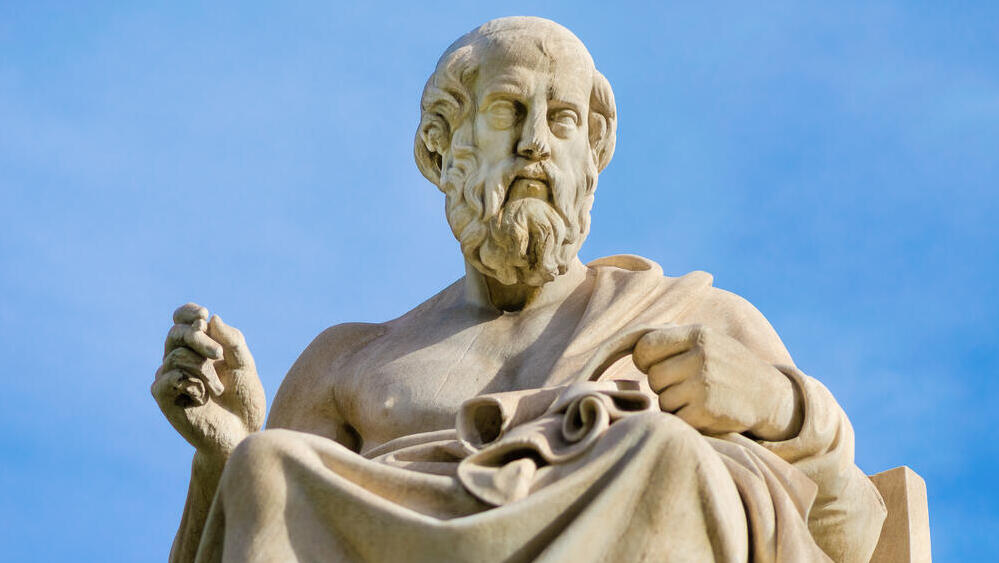Getting your Trinity Audio player ready...
Nearly 30% of Israel’s GDP comes from the high-tech industry, with STEM (science, technology, engineering, math) subjects being the sole focus of Israel’s education system in the past few years. As a result, the humanities subjects have been sentenced to a slow and painful death.
While the "scientific" subjects deserve to and should be taught to everyone in Israel, blatant favoritism in the last few years has skewed today’s education system.
State-of-the-art computer classes, extensive curricula and an option to choose STEM classes as elective subjects in Israeli schools are just a few of the ways in which the education system is playing into the hands of the high-tech sector, making every child strive for nothing more than to integrate into it in an adulthood.
This trend also extends to Israel's higher education - colleges and universities. Funding for STEM departments at universities is higher than for others, naturally attracting more students who already had a taste of it during their high school years.
But what about the humanities? Literature, history, art, and philosophy? They have been sidelined, with textbooks and teaching material that hasn't been updated in nearly 60 years.
Philosophy is an ephemeral concept to the Israeli youth, something talked about only for a minute or two in class, usually in the context of history, only to be looked into further by inquisitive students who wish to learn more. In Europe, for example, the subject is taught in schools in great depth.
History is confined to the period of the beginning of the establishment of the Jewish state, the Holocaust and World War II, sparing a few anecdotes for the time of the Second Temple and the medieval feudal system.
A ninth-grade student in the United States can recall events from the Roman Empire and the Renaissance, while also learning about the history of own country and people. Most Israeli student have no idea where and when the Renaissance even took place (it was in Italy).
Art and art history are not compulsory, taken only by students who wish to pursue them in further. Great works and monuments that have inspired people for centuries remain unknown to most Israelis, doing a disservice for a developing mind, not to be able to learn about the beauty and capabilities of human civilizations before the age of computation and silicon chips.
With the Education Ministry's reform meant to “combine” all of the humanities into one single test during matriculation exams, it is clear that Israel is heading toward a future when calculation and computation will be the only thing the children learn.
Is this the kind of future we wish for Israel? For children to be taught nearly nothing but scientific skills and foreign languages, such as English?
I repeat again - these subjects are important, and deserve their place in the education system. But, not by standing above other subjects, which should demand equal attention.
It is in the name - humanities are ought to be studied by humans to understand humanity. If they continue to disappear and pushed aside as "second class," Israel will continue to be an intelligent and progressive “start up nation” - but one operated by robots in the not-so-distant future.
Matan Shor is an editor and writer at Ynetnews





